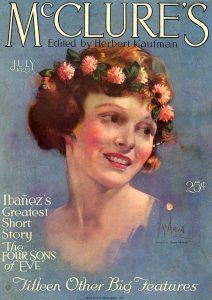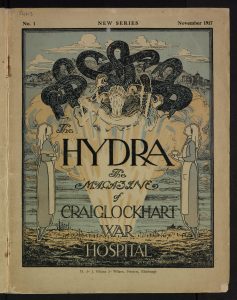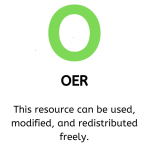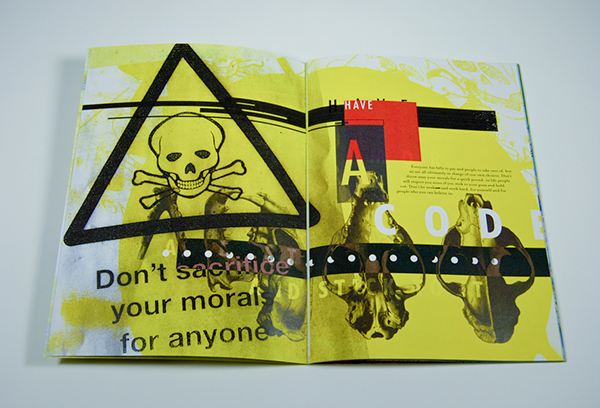Developed by Chelsea Largent, English, Baruch College, CUNY

At the end of her Great Works of Literature class, having read through many movements in world literature, this particular OER assignment gives students highly accessible online models of manifestos, including influential media that provided the platform for many different artistic movements in the 19th and 20th centuries.
Throughout the semester Professor Largent asks students to consider what movements are ‘in the air’ now for their culminating project. During in the course, students read, saw, and heard many different types of manifestos (for example Valerie Solanas, SCUM; Tristan Tzara, DaDa; The Futurist Manifesto, Marinetti; André Breton, The Surrealist Manifesto; The Black Panther Manifesto; Superflat Manifesto, Murakami; the Black Lives Matter Platform..etc). By the end of the semester, students should be able to analyze, close-read, and incorporate these movements in their final work. These OERs act as resources for the students to use in order to create their OWN movement, manifesto, and their own collection of resources using a blog as a platform.
The oer & Course Artifact

The PDF below contains an end of semester assignment asking students to think about the importance of media and to create their own aesthetic ‘movement’ within our own contemporary climate. Students will use the Modernist Journals Project, The DaDa manifesto, and movement, and the Futurist Movement as models. They can also use the periodicals found in the British Library of Congress and in the Digital Collections in the New York Public Library (NYPL). As a pedagogical tool, students will read an Atlantic article about writing a Manifesto and what it means.
Primary Texts (OERs)
- The Modernist Journals Project
- British Library +
- Exhibition of the Works of Italian Futurist Painters -F. Marinetti
- Digital Collections: NYPL

Supporting Texts (OER)
The Modernist Journals Project, The British Library of Congress, and the Digital Collections at the NYPL serve as examples from which the students can draw inspiration and can imitate but also will serve as a source that the students will close read in their final assignment.
transitioning to and Teaching with oer
Professor Largent was not at all interested in OERs that attempt to replace the textual analysis that students can and should come to in their own space and time. While attempting to work with other, more structured digital ‘storytelling’ platforms, she felt as if the students would be spending more time curating a presentation than writing or thinking. This assignment provides a happy medium: students will still be using solely online resources and texts to research but then they can also directly engage with the objectives of the course while thinking explicitly about questions about the status of literature and aesthetic movements, and find a place to situate themselves.
Faculty Information
Chelsea Largent is a Doctoral Candidate in Comparative Literature at the Graduate Center, CUNY. She has been teaching Great Works and first year writing courses at Baruch College since 2014 where this year, she is also a Writing Across the Curriculum Fellow. In addition to teaching in the English department at Baruch, she also teaches French in the Modern Language departments at both Baruch and City College.
Licensing information
![]()
The Curating the Avant-Garde assignment is licensed under a Creative Commons Attribution-NonCommercial-ShareAlike 4.0 International License.
 The materials from the British Library, including Exhibition of the Works of Italian Futurist Painters, are OER. The Modernist Journals Project and NYPL materials are in the Public Domain.
The materials from the British Library, including Exhibition of the Works of Italian Futurist Painters, are OER. The Modernist Journals Project and NYPL materials are in the Public Domain.
 “Manifestos: A Manifesto” is zero cost but not openly licensed or OER.
“Manifestos: A Manifesto” is zero cost but not openly licensed or OER.

